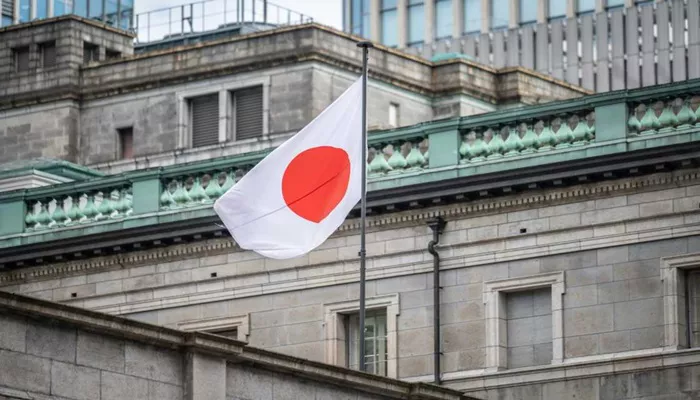On Thursday, Yasuyo Shirai, a former Bank of Japan (BOJ) policymaker, shed light on Japan’s stance regarding its significant holdings of US Treasury bonds. Given the US dollar’s status as the global reserve currency, Shirai suggested that Japan may refrain from selling off its large – scale US Treasury bond holdings due to the lack of viable alternative investment options at present.
Japan and China are the two largest holders of US Treasury bonds, making their actions a focal point of market attention whenever US Treasury bond yields experience significant fluctuations. Although both countries rarely disclose details of their trading activities, the large – scale selling of US Treasury bonds in April has fueled speculation that they may have reduced or are in the process of reducing their US debt holdings.
Asahi Mizuho, in an interview with Reuters, echoed Shirai’s view. “Japan may not have sold its US bonds yet because there are no other suitable assets for investment. Countries like Japan tend to prefer the US dollar as a reserve currency over the euro,” Mizuho said.
Shirai further emphasized that, considering the depth and technological competitiveness of the US capital market, “the dominant position of the US dollar as a reserve currency remains unshaken,” effectively ruling out the possibility of Japan reallocating its assets away from US bonds.
The Challenge to the US Dollar’s Dominance
On April 2nd, US President Donald Trump’s announcement of a comprehensive tariff increase led to a sharp market downturn, including a decline in US Treasury bonds. This event raised questions about the US dollar’s status as the safest asset in the global financial system. Trump’s previous remarks criticizing the strengthening of the US dollar also triggered speculation that the US government might aim to depreciate the world’s leading reserve currency.
European Central Bank (ECB) President Christine Lagarde stated on Monday that if EU countries could strengthen their financial and security frameworks, the euro could potentially emerge as a viable alternative to the US dollar. However, Akiehara Shiori expressed skepticism about the euro’s ability to truly replace the US dollar. According to Shiori, political divisions within Europe and the relative shallowness of the region’s capital markets have diminished the euro’s attractiveness as a reserve currency.
The Rising Potential of the Renminbi
Shiori pointed out that in Asia, the Chinese renminbi (RMB) is more likely to pose a challenge to the US dollar. Asai Ayori elaborated, “Europe is not a major trading destination for Asia. In contrast, China is enhancing its influence in the region by increasing the volume of trade settled in RMB.”
“Although the US dollar will likely maintain its dominant position in Asia, the growth of RMB – denominated trade is expected to continue,” Ayori added.
Over the years, the US dollar’s global standing has been gradually eroding. Data from the International Monetary Fund reveals that the US dollar currently accounts for 58% of international reserves, its lowest level in decades. Nevertheless, it still far exceeds the euro’s 20%. The RMB makes up 2%, while the Japanese yen accounts for 5.8%.
Related topics:

